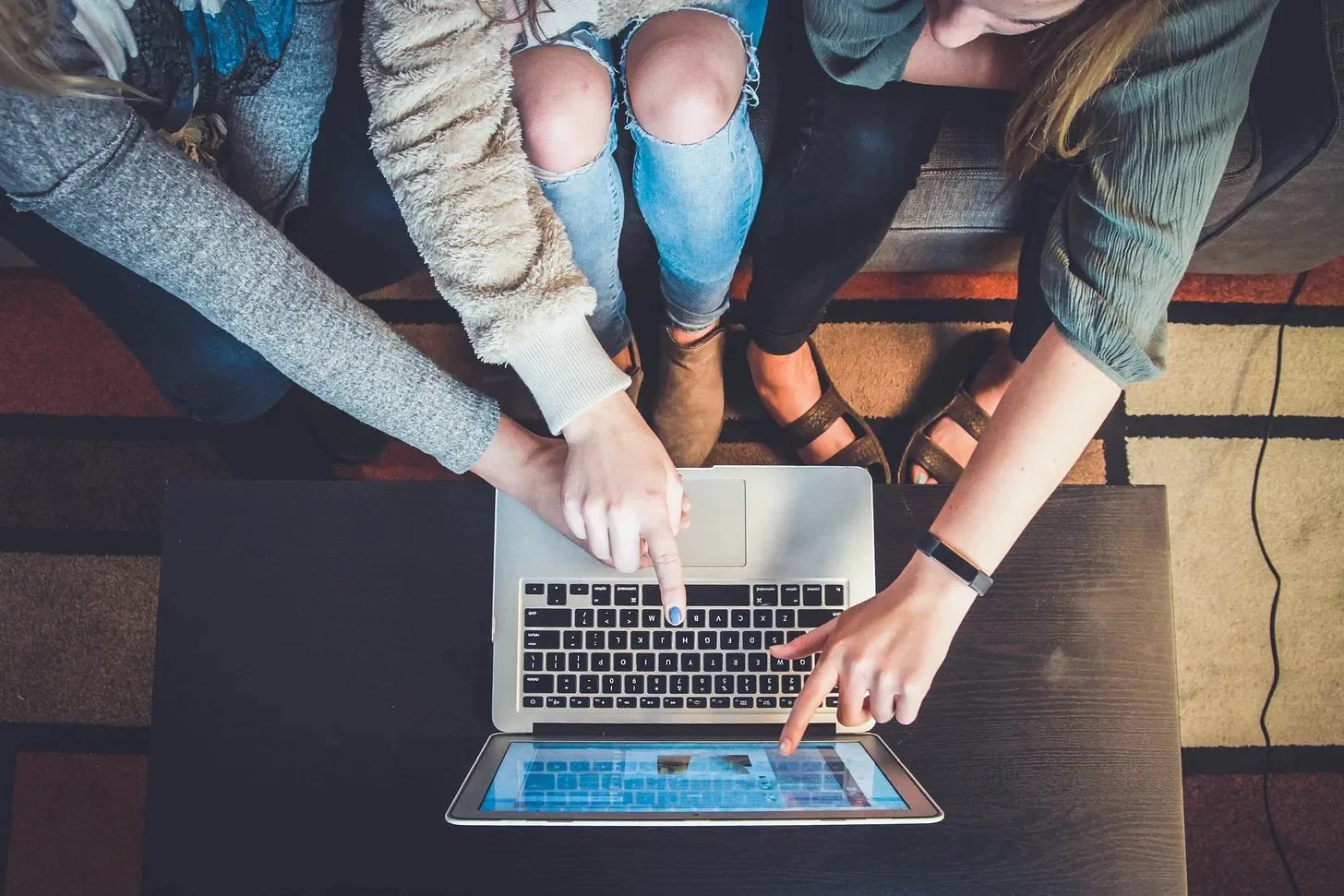
Explore how anxiety can show up in your life, work, and relationships
Read on

Meet a Voyager: Richard Sison
Richard Sison is a martial arts teacher who specializes in Muay Thai and Brazilian Jiu-Jitsu.

How do I join the Beautiful Voyager community?
Read on to learn more about the Beautiful Voyager community

Meet a Voyager: Gregorio “Craig” Lewis
Gregorio Lewis was born in Massachusetts and now lives in Mexico.

Meet a Voyager: Christopher Soriano-Palma
Christopher Soriano-Palma grew up Mexican-American in Watsonville, California.

Meet a Voyager: Bryce Seto
Bryce Seto is a Canadian writer and actor currently completing his MBA.

How Do I Fix Anxiety Quickly?
My friend asked the question that nearly everyone does in this situation: "How can I fix this? Can the fix happen quickly?"

How Social Anxiety Shows Up in My Life
Brandon Gill had been dealing with social anxiety for his entire life, but he didn’t always know it.

I Was Fired From 3 Startups in One Year
I didn't start it thinking I’d be repeatedly hurling myself against a wall, but that's what ended up happening.